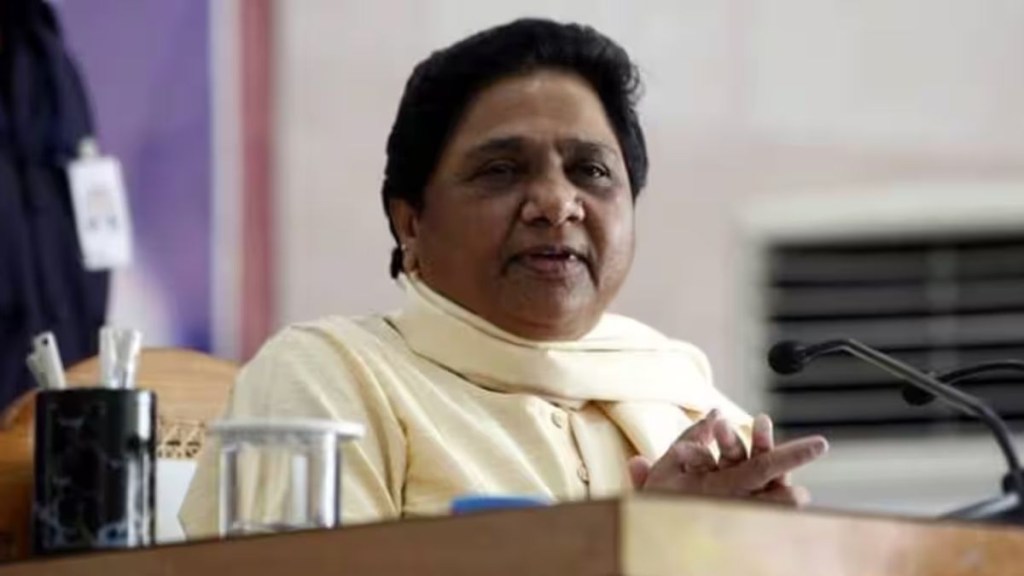The Bahujan Samaj Party (BSP) decided to abstain from the discussions as well as voting on the contentious National Capital Territory (NCT) Amendment Bill during the ongoing Monsoon Session of Parliament, reported The Indian Express.
The move is expected to create a stir in Rajya Sabha as the BJP-led National Democratic Alliance (NDA) is finding it difficult to muster the numbers in the House.
Telangana Bharat Rashtra Samithi (BRS) on Thursday joined the Opposition MPs in staging a protest against the inclusion of a Bill to replace the controversial Delhi ordinance in the official business of the Rajya Sabha in a meeting of a Business Advisory Committee (BAC) of the house.
The Indian Express reports that Opposition parties who do not wish to anger the BJP may choose to abstain from discussions and voting on the NCT Bill. Any such development is bound to embolden the parties mobilised by the Aam Aadmi Party (AAP) to stall the Bill which is scheduled to to tabled in the Monsoon Session.
Also Read: Centre’s ordinance ‘unconstitutional’, will challenge it in Supreme Court: Arvind Kejriwal
Earlier the Centre’s ordinance was described as ‘unconstitutional’ by Delhi CM Arvind Kejriwal. “The Centre’s ordinance on services matters is unconstitutional and against democracy,” he said.
The BJP is likely to find itself in a tough spot in the Rajya Sabha if the two parties – Biju Janata Dal and the YSRCP choose to oppose the Bill in the Upper House.
The current tally of the NDA in the Rajya Sabha is 105 while the effective strength of the Rajya Sabha stands at 238 members. The majority mark in such a scenario stands at 120, the number the BJP needs to get the NCT Bill pass the test in Upper House.
With nine members each, the BJD and YSRCP will play a crucial role in the passage of the Bill. A walkout by both these parties will bring down the effective majority to 111 which the BJP may be able to manage.
The NCT Bill seeks to replace an Ordinance brought by the Centre, effectively negating a Supreme Court order that gave control over transfers and postings of bureaucrats in the capital to the elected government.

